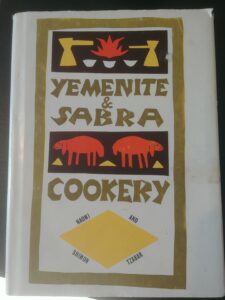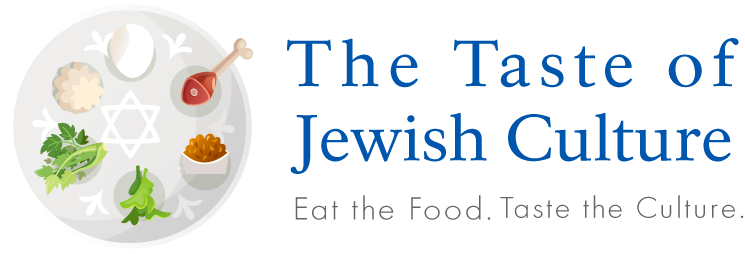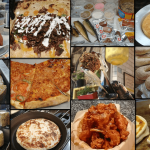So those burgers in the picture are not your standard type. But more on that a drop later. I want to focus on a topic that might bug some of you, but really shouldn’t. Kosher edible insects!
For those who don’t already know it, hearing about kosher bugs might be somewhat surprising. We don’t eat pork or lobsters, but locusts are okay?! But in fact, explicitly stated in the Torah, certain varieties of insects are actually permitted for observant Jewish consumption.
All flying creeping creatures that walk on all-fours shall be an abomination to you. Except these, you may eat, from among the flying creeping creatures that walk on all-fours: all that have joints above their feet to leap with on the earth. These you may eat: the arbeh after its kind, and the sal’am after its kind, and the chargol after its kind, and the chagav after its kind. But all other flying creeping creatures that walk on all-fours shall be an abomination to you. (Leviticus 11:20-23)
Okay, so that is explicitly stated, but not completely explicit. The exact definitions of those four Hebrew terms, and which species fall beneath them is not entirely clear (which is why I listed them with the Hebrew names, rather than translating the terms). Without getting into too much detail about it, here is a good article that explores the entire history of debate around the topic. Still, there is no doubt that at least some bugs are indeed considered kosher.
A Genuine Jewish Food?

And in fact, there have been Jewish communities who have regularly eaten locusts (when they were available). In particular, the Yemenite Jewish community. It is due to their continuous tradition on which species are and are not kosher that those who eat them today rely.
And lest you think this is only some sort of ancient thing, I have a Yemenite-Israeli cookboook, first released in 1963 (my third printing edition comes from 1974), that includes a recipe for locusts:
Locust
2 kg. locustsHeat the oven and when hot, put out the fire. Put the locusts in the hot oven and leave them half a day. Remove from oven, spread out to dry in sun one day. Before eating, remove head, legs and wings. Serves 4.
— from Yemenite & Sabra Cookery, Naomi and Shimon Tzabar
Okay, so maybe “recipe” is a term applied loosely here, considering it contains one ingredient only. How about “instructions?” But still…
Beyond the long tradition, however, the idea of eating locusts also may be seen as a Jewish Food since they embody Jewish values. First of all, bal tashchit, the prohibition against wasting food. With millions of locusts arriving in swarms, and a perfectly healthy source of nutrients, what a waste it would be to not consume them! Furthermore, we have the supreme Jewish value of preservation of life. Locust swarms can genuinely devastate the food supply, but eating the locusts instead allows the populace to survive in the wake of such swarms. In fact, some speculate that that is the main reason such insects are kosher in the first place. Whether seen as divinely permitted to create sustenance or anthropologically developed for cultural reasons, all can agree that permitting the consumption of these specific interests makes sense in the grand scheme of preserving human life.
My brother told me of a TV news story he saw many years ago in Israel during a season of locust swarm infestation. An old Yemenite man was interviewed about eating them. He looked right in the camera and said, “He eats my food, so I eat him!” Immediately he popped a luct in his mouth and crunched it down! And each time there is a swarm that plagues Israel (not a frequent event, but certainly not unheard of), news articles abound, dealing with this subject. Here are three good ones from 2013, when a nearly Biblical-proportioned swarm arrived shortly before Passover.
Modern Iterations
Of course, with Israel’s incredible forays into the food tech arena, and alternative proteins in general, this jewish food is taking on another form. Hargol FoodTech has developed a method of intensively raising locusts for consumption purposes alone. Named for one of the four varieties mentioned in Leviticus, Hargol’s main product is a protein powder derived from the locusts. It may be used in numerous food products, such as the burgers in the picture at the top of the post. They also sell powders for protein shakes and other products, including the locusts themselves, aimed largely at the Christian market (since the Christian Bible says that John the Baptist’s diet included locusts).
With the recognition that our current meat-eating practices are simply unsustainable in the long term, many are looking for alternatives that will help the world survive while feeding its rapidly growing population. By looking at insects that are high in protein and nutritious, and incidentally can also feed the kosher-keeping public, companies like Hargol are taking this Jewish food into its next stage.
Nothing about kosher locusts should bug you at all!
Share if you Care! Send this to Someone Who’d Enjoy it!







Otessa R. ComptonTopal
Please subscribe me to your blog.